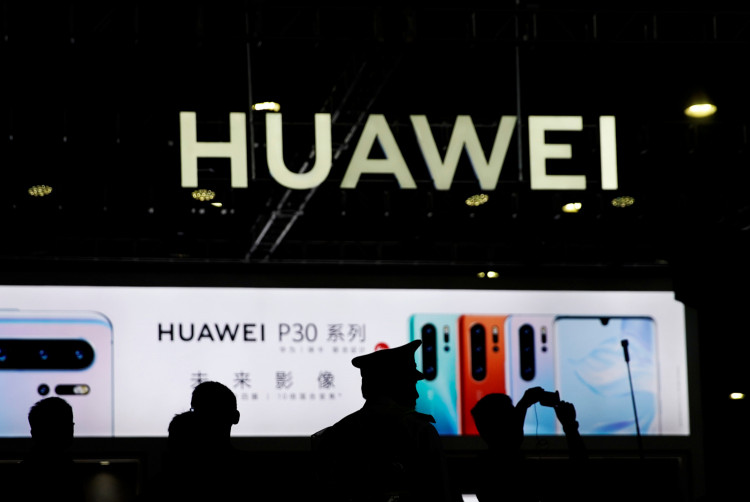One of the world's most recognizable tech brands, Huawei, has been in the global headlines in recent weeks following Trump's trade war against China. Trump has banned some major U.S. companies from providing support for Huawei smartphones, which allegedly serve as a spying instrument used by the Chinese government to collect users data and perhaps eventually infringe into databases of U.S. Government agencies.
For Trump, his move has resulted from a well-thought trade-off between economy and national security.
However, early this year, Huawei has already denied allegations of espionage and reiterated that it has no plans of spying for China and never will, according to Strait Times. It adds that China would rather encourage Huawei to carry out its business without backdoor activities. That way, the Chinese government would earn more from its taxes and that more jobs can be generated which will drive the country's economy further.
Some of the companies that severed ties with Huawei include Facebook, Google, and Intel among many others.
Right now, Huawei Technologies has been preparing itself for a steep decline on its overseas smartphone sales following the ban. It is expecting a 40% to 60% reduction on its international shipments.
Actually, Huawei smartphones are locked out and are not popular in the US; but to be severed from companies that provide support to its devices' main features, it assures to be a disintegrating phenomenon.
Huawei is also eyeing at selling Honor 20 in some parts of Europe, particularly within France and the UK, and responses seem to be bleak and unpromising as of this time.
Further, the company is also looking at pulling out these devices from these European markets if overall sales prove to be poor.
Meanwhile, Huawei executives are already starting to chart volume drops of about 40 million to 60 million units from their normal shipment figures, according to Bloomberg, which is about a quarter of the total number of units it has moved in 2018.
The company has really suffered from the ban, yet according to the company executives, the tension between Washington and China should not take a toll on the free trade relations between US and Chinese companies. One evidence for this is that while the US bans some of its companies from doing business with Huawei, it has provided a temporary general license to allow the company purchase products from the United States, writes Reuters.
The ongoing trade conflict between the US and China may take a bumpier path in the days ahead and the future of Huawei may just go through its darkest periods.
However, the company has started to promote itself to other foreign markets and promises to invest big time if being given the chance to gain a foothold of the telecommunications market. But despite these propositions, the reality of Huawei right now is that it will have to cut down its international shipments in order to keep afloat.






